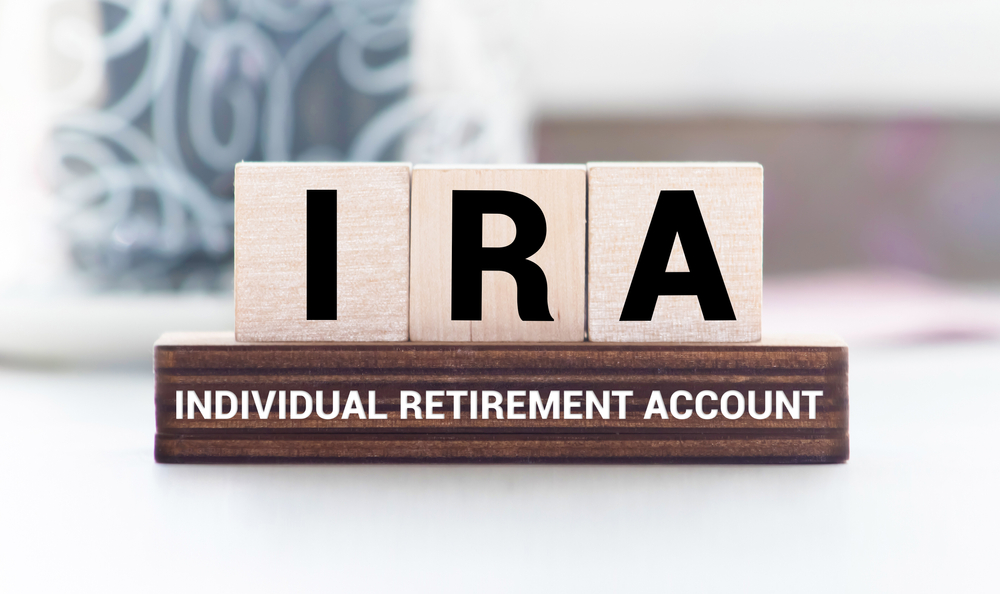Using Life Insurance in Estate Planning

Estate planning is the process of organizing how your assets will be managed and distributed after your death. It includes creating a will, setting up trusts, and naming beneficiaries to ensure your wishes are followed. This planning helps protect your loved ones and can reduce taxes and legal issues. It's an step in securing your family's future.
If you are interested in protecting your loved ones, incorporating life insurance into your estate planning is an effective way. This financial aid covers expenses as well as taxes after one’s death. Additionally, it guarantees that an individual’s assets are preserved and passed on as intended by him/her through his/her heirs. Overall, this makes it a simple yet efficient measure for securing the future of the family.
When considering the role of life insurance in estate planning, it serves as a guarantee for financial security to beneficiaries. The coverage may extend to estate taxes, debts and final expenses thereby ensuring no family members are left with financial burdens upon death. This tool helps preserve your assets and ensures your heirs receive their inheritance. A smart move towards protecting your family’s future would be including life insurance in an estate plan.
How Expensive Is Estate Planning?
The cost of estate planning varies with your own needs and complexity. Simple plans can cost about as much as a cell phone, and heathcare directives or living wills may be included in the price. Of course, if you have a substantial estate which includes more than just your house the costs can escalate. It can be more costly to work with an experienced lawyer, but it is worth the assurance that everything will go smoothly.
Estate planning might seem costly in the forefront, but it will cost your family more long run. Investment in proper planning will prevent intra-family litigation and lessen tax pressures on any proceeds that you may wish to leave your heirs. Properly planning your estate will ensure that you have a say over what happens to all of the assets you left behind, which is exactly why most people start this process sooner rather than later.
Is Estate Planning Only for the Wealthy?

No matter your income level, estate planning helps anyone who is seeking to determine what happens after they die. Planning will help you manage your assets and protect the ones that are or most important to you — no matter how large of an estate they make. This allows for a clear direction and can stop family members bickering.
No matter how rich or poor you are, having an estate plan can ease the process for your family members and save them money. This is setting how you want your wishes to be done and about the ones you love being looked after. Reason Five: Estate Planning Makes Sense For Everyone
The Basics of Estate Planning

Estate planning is like making a will on where your assets should go after you pass away. Fundamentally, have a will to list who gets what (basics), create trusts for the use of housing our assets within and appointing those power of attorneys whom you want making decisions on your behalf if you can't.
That means deciding on the terms of medical decision-making, and designating guardians for your children. Estate planning, done right protects against those problems and makes sure your plans are respected.
Conclusion
Using life insurance in estate planning can provide financial support for your loved ones and help cover expenses after your passing. It ensures that your heirs receive the benefits without delays or financial strain.
By including life insurance in your estate plan, you can help preserve your assets and reduce potential estate taxes. It’s a valuable tool that contributes to a smooth transition and secures your family’s future.
(Writer:Juliy)





